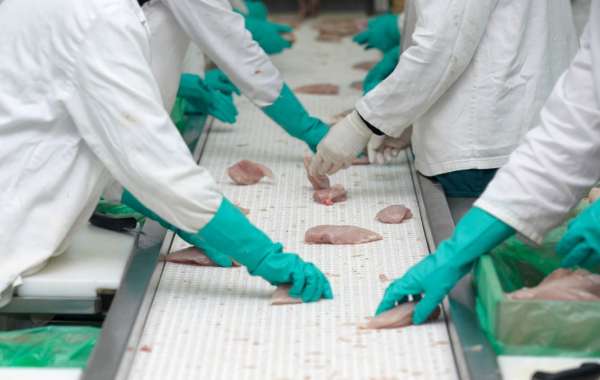The dairy and meat industry, while a vital part of our global food system, comes at a significant cost to the environment. As demand for animal-based products continues to rise, it is crucial to examine and understand the environmental impact associated with this industry.
The environmental costs of the dairy and meat industry are vast and wide-ranging. One of the most significant contributors to environmental degradation is deforestation. Large areas of forests are often cleared to make way for grazing land and to grow crops to feed the animals. This deforestation not only destroys valuable ecosystems but also releases carbon dioxide into the atmosphere, contributing to climate change.
Another environmental cost of the dairy and meat industry is the excessive water usage. Raising animals for food requires a tremendous amount of water, from providing drinking water for the animals to irrigating the crops used for their feed. This high demand for water puts a strain on already limited freshwater resources and exacerbates water scarcity in many regions.
Livestock farming also contributes to water pollution. The vast amounts of manure produced by dairy and meat animals often end up in rivers, lakes, and oceans. This manure releases harmful nutrients such as nitrogen and phosphorus into the water, leading to algal blooms and dead zones, where marine life cannot survive.
The emissions of greenhouse gases, particularly methane and nitrous oxide, are another significant environmental cost of the dairy and meat industry. Cows, for example, produce methane gas during the digestion process, which is a potent greenhouse gas with a much higher warming potential than carbon dioxide. Additionally, the application of synthetic fertilizers for growing animal feed results in the release of nitrous oxide, another potent greenhouse gas.
Moreover, the dairy and meat industry are associated with significant energy consumption. From operating machinery and equipment to transporting animals and products, the industry requires substantial energy inputs. This energy demand contributes to the burning of fossil fuels, further exacerbating climate change.
The environmental costs of the dairy and meat industry extend beyond climate change and water pollution. The intensive use of antibiotics in livestock farming contributes to the emergence of antibiotic-resistant bacteria, posing a threat to human health. Animal agriculture also contributes to the loss of biodiversity as habitats are destroyed for the expansion of grazing land.
To mitigate the environmental costs associated with the dairy and meat industry, various solutions can be implemented. Firstly, shifting towards plant-based diets or consuming less animal products can significantly reduce the demand for animal farming. This change in dietary habits can help alleviate deforestation, water scarcity, and greenhouse gas emissions.
Implementing sustainable farming practices, such as rotational grazing and organic farming, can also minimize the environmental impact of animal agriculture. These practices promote soil health, reduce water pollution, and lower greenhouse gas emissions.
Furthermore, supporting and advocating for policies that prioritize the protection of natural ecosystems and regulate the dairy and meat industry's environmental footprint is crucial. Governments and regulatory bodies can play a significant role in incentivizing sustainable practices and enforcing stricter environmental regulations.
In conclusion, the environmental costs of the dairy and meat industry are significant and wide-ranging. From deforestation and water pollution to greenhouse gas emissions and energy consumption, this industry takes a toll on our planet. However, by adopting sustainable practices, promoting plant-based diets, and implementing effective policies, we can mitigate these environmental costs and strive towards a more sustainable food system.
https://jobs.newtimes.co.rw/employers/2755584-humane-foundation |
https://telegra.ph/The-Symbiotic-Relationship-Meat-Industry-and-Public-Health-Dynamics-02-03 |


